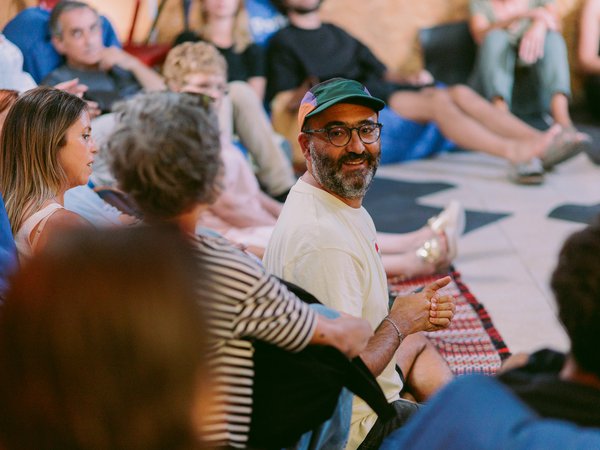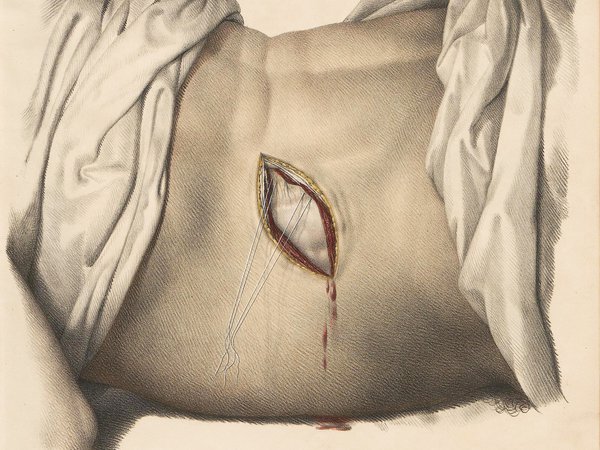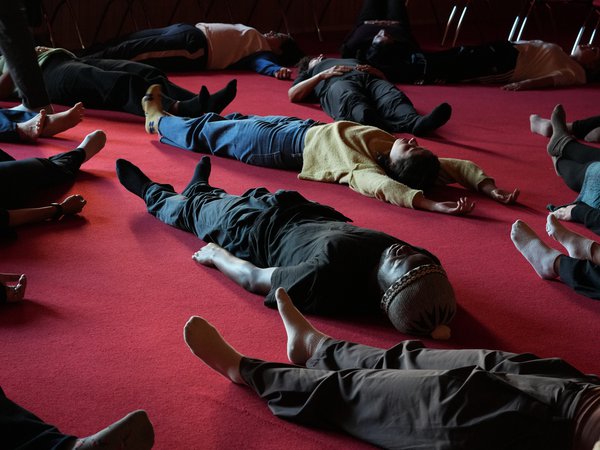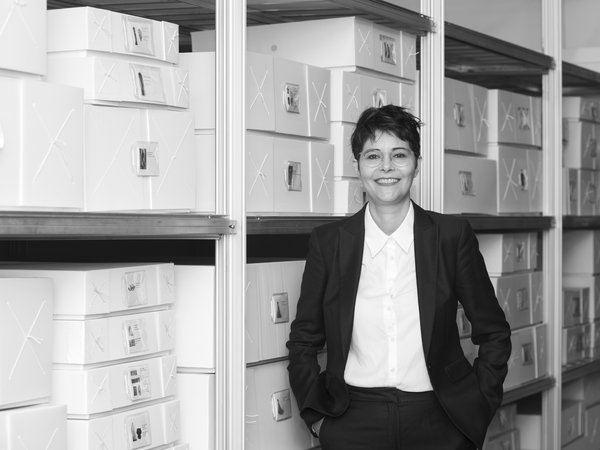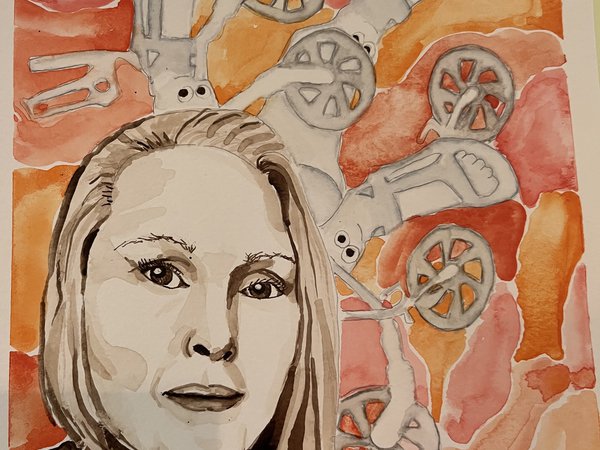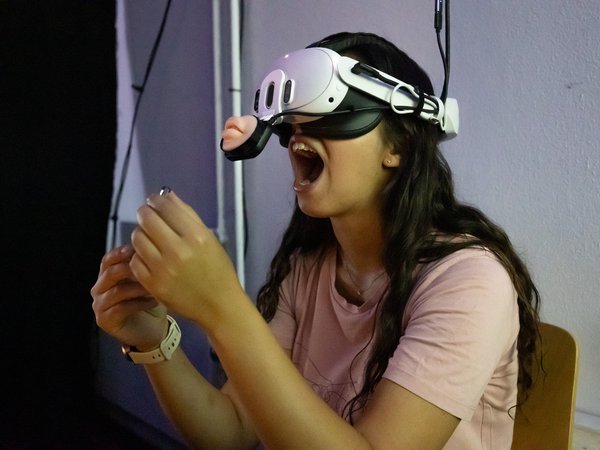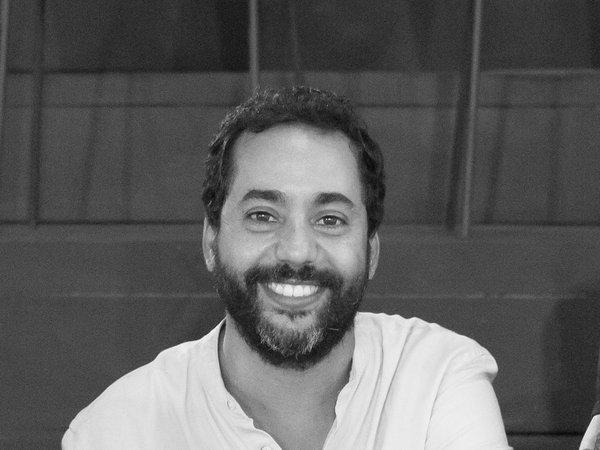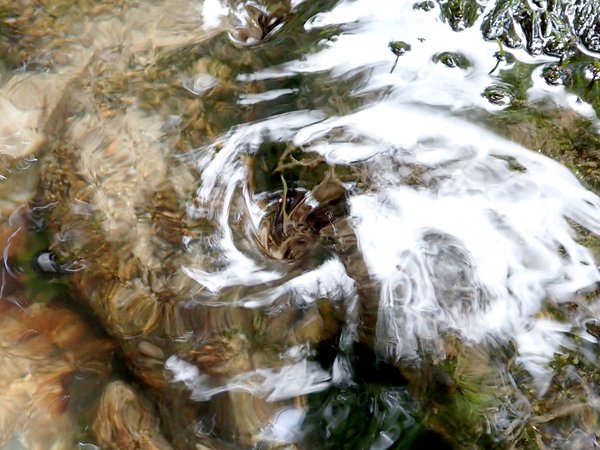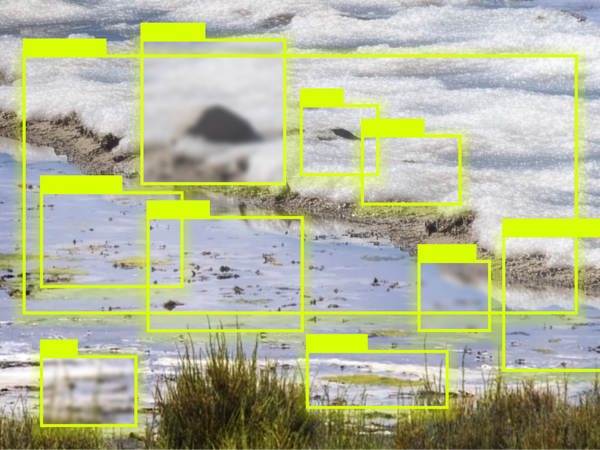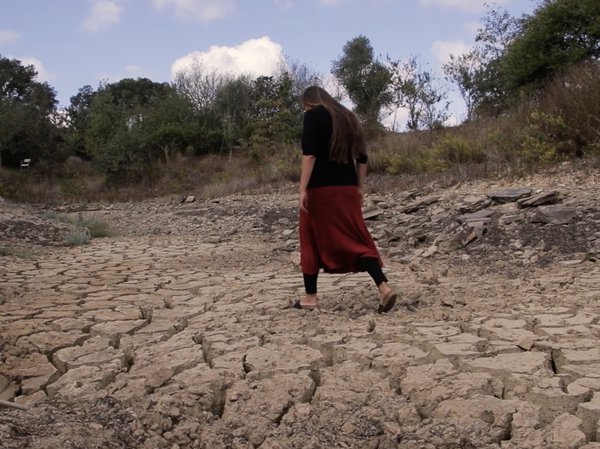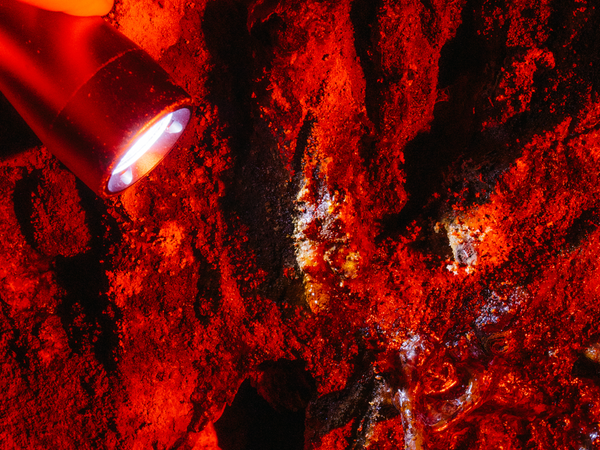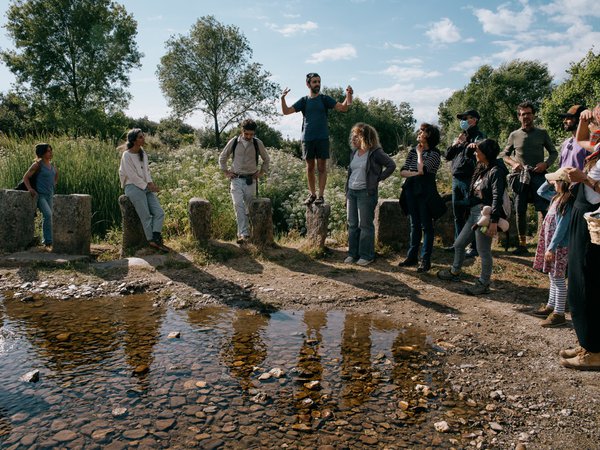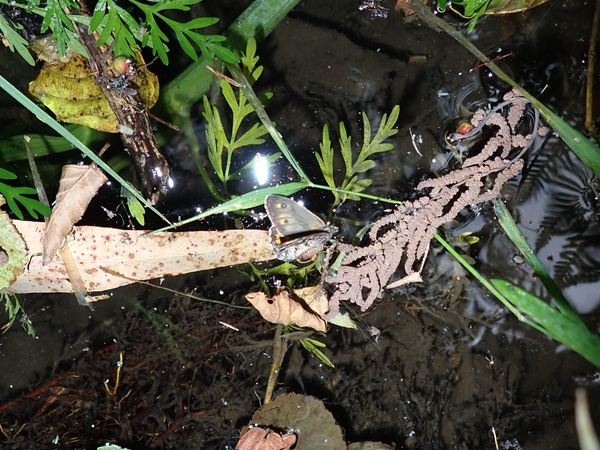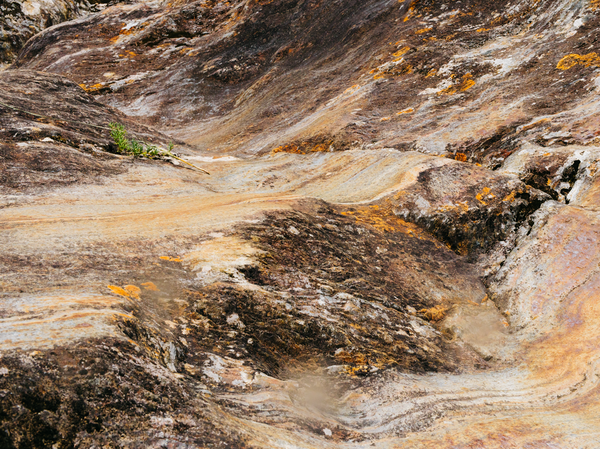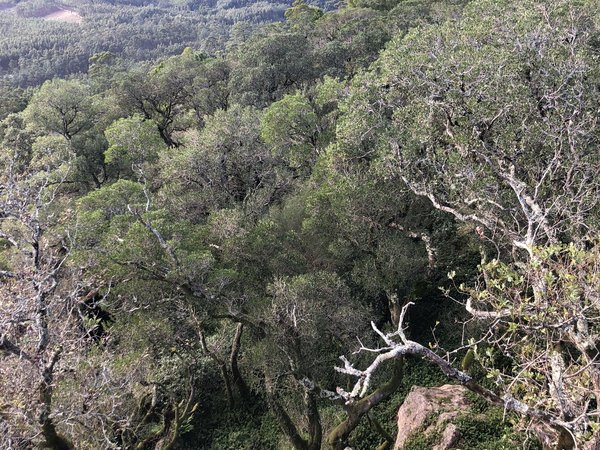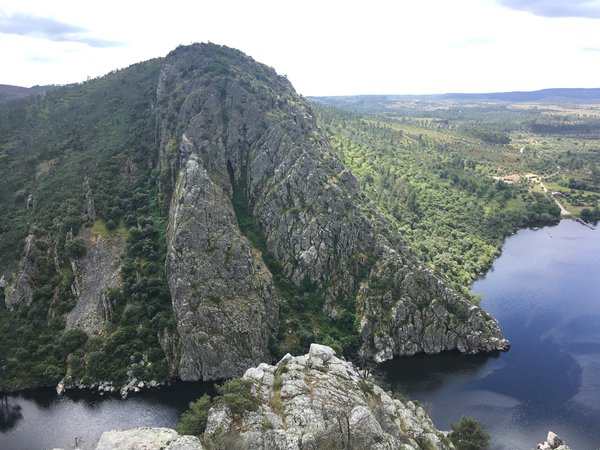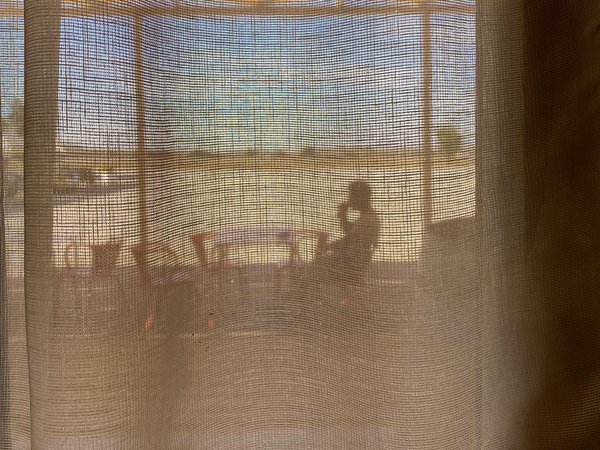This is a past event.
Weaving Time
Weaving Time
Reading a book can change the direction of a person’s life. If society is made up of people, then we can say that literature can change the world. The Malagasy writer Jean Luc Raharimanana and the Togolese anthropologist and architect Sénamé Koffi Agbodjinou take hold of the transformative power of storytelling and try, through writing, to reshape the social fabric of a world that has been torn apart by centuries of conflicts and exploitation.
We accompany the ideas and the small revolutions created by our guests from three points of view: literature as a way of summoning the encounter between multiple worlds and repairing the social fabric that has been torn to pieces by the colonising process in Africa (Raharimanana) and the sharing of the results of the high-tech urbanistic practice made accessible to everyone and of the impact of ancestral beliefs on the organisation of villages (Agbodjinou).
02 DEC 2020
WED 16:00
In french with simultaneous translation
The conference will be only online, due to constraintements and the writer Leonora Miano will not participate.
Jean Luc Raharimanana biography
Jean Luc Raharimanana (born 1967, Antananarivo, Madagascar) is a writer, poet, playwright, actor and musician. He left his country at the age of 22, after one of his plays had been banned, and took up residence in France. The play, entitled The Prophet and the President, received the Tchicaya U'tamsi Prize for Inter-African Theatre in 1990. After a period spent studying at the Sorbonne and at the National Institute of Oriental Languages and Civilisations, he became a journalist and then a teacher. Raharimanana abandoned everything to dedicate himself wholeheartedly to literature. Joining words together and building up their meaning up to the point where their musicality penetrates into the reader’s innermost depths, has become his main concern in life. He is the author of several books of fiction and poetry, which have earned him various literary distinctions, including Nour 1947 (2003) about the history of the counter-colonial uprisings that took place in 1947, in Madagascar; Rêves sous le linceul [Dreams under the Shroud], written in the aftermath of Nour 1947, but also marked by images of the genocide in Ruanda, the Yugoslavian war and the reading of the texts Las Casas about the extermination of the indigenous peoples and slavery, received the Grand Prix Littéraire de Madagascar, 1996; Les cauchemars du gecko [The Gecko’s Nightmares], the Ouessant Island Poetry Prize, 2011 and Revenir [Return], the Jacques Lacarrière Prize, 2018. His books have been translated into German, Italian, Spanish and English. The author of countless theatre plays and musical stories, Raharimanana brings his texts to the stage, having founded the SoaZara company in 2014, in which he brings together playwrights, musicians, video makers and dancers. In 2019, his plays Les cauchemars du Gecko, 47 and Excuses et dires liminaires de Za, directed by Thierry Bedard, and a photography exhibition Portraits of Insurgents, were presented at the Avignon Festival. In 2019, he wrote the screenplay for the film ZahoZay about the Malagasy prison system, which was elected for competition at FIDMarseille 2020 – 31st Marseille International Film Festival and La Viennale 2020 – Vienna International Film Festival.
Sénamé Koffi Agbodjinou biography
Sénamé Koffi Agbodjinou (1980, Lomé, Togo) is an architect and anthropologist by training, an entrepreneur and an exhibition curator. After a long experience in humanitarian construction, he founded L’Africaine d’architecture, a platform for research and experimentation about questions relating to architecture and African cities. This platform is designed to provide an architectural alternative that gives importance to the canons of spatial organisation and housing anchored in the African territory and making use of “raw” materials. In 2006, he supervised the building of the Tammari School for 200 children built of raw earth and resorting to the use of mixed techniques, working with the population and the local Tamberma builders (North Togo, UNESCO World Heritage).
Koffi Agbodjinou also works with digital technology, defending the idea of what he describes as a “numerical vernacular”, which arose from the parallels that he found between “hacker ethics” and the values of traditional African societies. He created the concept of LowHighTech to emphasise this proximity between traditional culture and digital cultures and to launch a series of actions that are designed to involve the more modest strata of the population.
He is the founder and manager of WoeLabs, African Spaces of Technological Democracy,
the network of Togolese grassroots techhubs whose ambition is to "make everyone equal in the face of technology" and in which he helped to launch several companies of the HubCity-Silicon Village Group. He also created the Woebots-Wafate (the first African 3D printer, built with computer waste)
As an artist, Sénamé has exhibited at ZKM, in Karlsruhe (Germany) and at the Venice Architecture Biennale in 2020. As a curator, he designed the exhibitions #LowHighTech D. Xperience, at the Pforzheim Design School, and LOME+, at the Lomé Palace of Arts. He also worked with the German pavilion of architecture at the Venice Architecture Biennale. Since 2017, he has been a fellowship holder working on the Ashoka Foundation’s programme for social entrepreneurs.
BoCA Biennial

With the support

PARTNERSHIP
Festival Plumes d’Afrique (Tours, França) e Réseau Afrique 37
SUPPORT
Institut Français Paris



